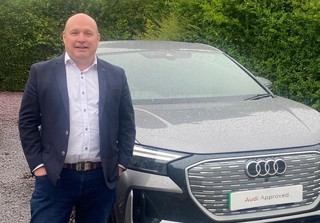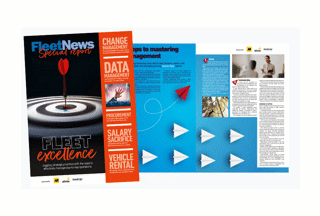In his Autumn Statement, Chancellor Philip Hammond announced Government plans to overhaul “unfair” salary sacrifice schemes. But confusion still reigns over exactly what this means.
The main misconception is that employees who obtain their vehicle via salary sacrifice will be significantly out of pocket as they will have to pay considerably more tax. This, in fact, is nonsense. I have analysed more than 13,000 salary sacrifice quotes and 42% of them show absolutely no increase in cost, with the remaining 58% experiencing an increase of between just £1 and £20 a month.
The bottom line is salary sacrifice continues to be an alternative to traditional car schemes.
There has been talk of a resurrection of Affinity and ECO (employee car ownership) schemes. However these do not offer the same benefits as a true salary sacrifice scheme. They do not offer the employee income tax savings, NI savings, VAT savings (dependent on the employer’s VAT position) and a fully inclusive package where all you have to do is ‘add the fuel’.
They also involve credit checks on the employees and there may be a large deposit to pay before delivery. They have also been criticised for being complicated to run for employers.
In essence, the proposals delivered by Hammond are not as draconian as feared. Many tax consultants who advise on the provision of employee benefits have simply not dug into the detail of the changes specifically in relation to car schemes, which has created an undue level of anxiety.
So what should employers be doing to ensure they are up to speed with the changes, and to ensure employees still get a good deal?
The key is communication. If you have any confusion speak to your salary sacrifice provider and they should be able to explain all of the changes and tailor a scheme that will suit your workforce.
In many cases, employers and employees will want to continue using salary sacrifice schemes, as the cost increases will not be significant. The message we should be spreading is that it is ‘business as usual’.



















Login to comment
Comments
No comments have been made yet.